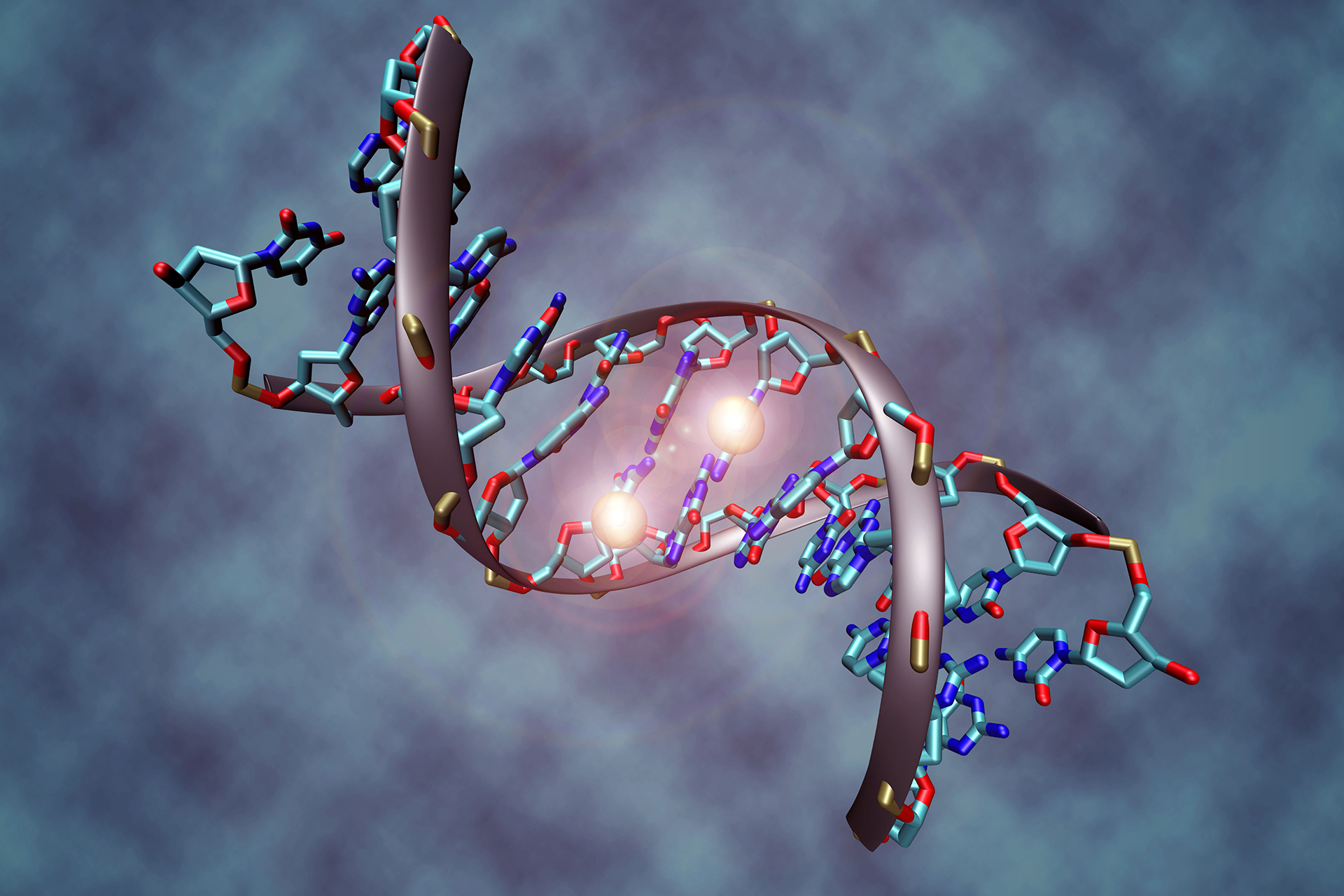A twin study has revealed that obesity causes the dysfunction of mitochondria which triggers inflammation, particularly in fat tissue.
Obesity is associated with numerous health complications, including diabetes and heart conditions. However, tissue-specific mechanisms that drive these conditions are not well understood. Researchers at the University of Helsinki, Finland, investigated how obesity alters the muscle and fat, or adipose, tissue in a study of identical twins.
'If mitochondria, the cellular powerplants, are compared to the engine of a car, you could say that the power output decreases as weight increases,' said Professor Kirsi Pietiläinen, who led the research.
The study included 49 pairs of identical twins with discordant weights, whereby one twin had a much higher body mass index (BMI) than the other.
'Studying twins is the best way to investigate the interplay between genes and lifestyle. In spite of their identical genome, the genes and even mitochondria of twins can function on different activity levels. We utilised this characteristic in our study when looking into the effects of weight on tissue function,' Professor Pietiläinen said.
The researchers evaluated changes at the DNA, protein and metabolic level. They found that in both adipose and muscle tissue, mitochondrial genes were significantly reduced in the obese patients. Whilst this was associated with an increase in inflammatory pathways in adipose tissue, the same was not true for muscle.
Professor Pietiläinen explained, '... A low-powered mitochondrial engine may also generate toxic exhaust fumes, which can cause a proinflammatory state in adipose tissue and, consequently, the onset of diseases associated with obesity… What was surprising was that the mitochondrial pathways in muscle had no association with these adverse health effects.'
In addition to inflammation, the dysfunctional mitochondria of obese patients also altered amino acid metabolism. Branched-chain amino acids are essential to humans, and their metabolism was found to be weakened in the mitochondria of both adipose tissue and muscle tissue.
'This finding was of particular significance because the reduced breakdown of these amino acids and the resulting heightened concentration in blood have also been directly linked with prediabetic changes and the accumulation of liver fat in prior twin studies,' said Professor Pietiläinen.
This work suggests that changes in adipose tissue are important in the development of obesity-related conditions.
The research was published in Cell Reports Medicine.
Sources and References
-
A twin study indicates that metabolic changes in fat tissue in obesity associated with adverse health effects – No similar link found in muscle tissue
-
Molecular pathways behind acquired obesity: adipose tissue and skeletal muscle multiomics in monozygotic twin pairs discordant for BMI
-
Obesity reduces mitochondrial gene expression in fat tissue





Leave a Reply
You must be logged in to post a comment.